Isolation and desperation are the likely cause of young men becoming “terrorists,” argues Larry Beck.
The “terrorists” have struck again, offering up last week’s version of mindless violence in the name of some cause. When this happens, I am appalled at the violence, heartbroken that innocents usually die and always left wondering what it is about some causes that seemingly provide a framework for destruction. This is particularly so when I can’t figure out what the cause really is.
I shouldn’t be alone in this. If you paid attention to the recent events in and around Paris, it would be hard to figure out what “cause” the “terrorists” served. Is it a “cause” to hate cartoonists and Jews enough to kill them, and are those who do so “terrorists” by definition? Can you be a “terrorist” without killing anybody, or without a “cause” while killing?
I don’t mean to be cute about this, but if we are ever going to reduce “terrorism,” we need to define it carefully and at least make a good faith effort to understand its roots. In the world of American exceptionalism, it seems that a kid who kills 26 children and teachers in a US elementary school is a deranged child armed with mommy’s legal guns. However, a group of young guys who kill dozens of school children and teachers in a Pakistani school are immediately labeled “terrorists,” even before we know if the guns they used were made in the US or belonged to their mothers. If the guns were made in the US, are the American gun manufacturers and distributers part of the terrorist network? If the deranged kid in Connecticut had been Muslim, would he be a terrorist, regardless of where his guns came from?
It has been way too easy to construct an us versus them narrative — a clash of the “civilized” against the “uncivilized” in which all of the bad guys are conveniently on the “uncivilized” team. For politicians, policymakers and pundits, this narrative never seems to require a look in our own collective mirror. The “civilized” team never seeks to answer to itself and rarely seeks to examine its complicity when violent outbreaks disturb public order.
We look for an “uncivilized” villain, hunt them down and begin the search for co-conspirators, all the while holding prayer vigils (praying for what I am never sure), solidarity marches and listening to outraged patter from the threatened privileged. Then, we go back to the bigger wars that require nothing more of most of us than enough disinterest to allow the “civilized” team the space necessary to try redefine the societies of others, regardless of the means used in the attempt.
What we are doing now isn’t working and isn’t likely to work, largely because it misses the point badly. Our society, and that of virtually every other society on earth, has laws that criminalize anti-social and violent behavior. Each society invests heavily in law enforcement and a security apparatus. And now more than ever, supposedly free societies, just like supposedly un-free societies, are investing heavily in surveillance of their own populations to try figure out ahead of time who is plotting what.
With all this security around and with a camera in every nook, why do we feel increasingly insecure? If simply labeling the bad guys “terrorists” and getting those drones up in the sky to drop good death on bad people isn’t making us feel more secure, how far along this failed path are we willing to go?
Stick with me a minute while I talk about suicide rates among young people in the US. According to the Centers for Disease Control and Prevention, approximately 4,600 youth between the ages of 10-24 commit suicide in America every year, the third leading cause of death in that age group. Further, many more young people survive suicide attempts than actually die. Just for perspective, this is more actual dead children per year in our midst than all the folks who died in the 9/11 attacks.
Now the connection: If we took a fraction of the resources and attention away from chasing “terrorists” and applied it to preventing youth suicide, we would be able to save real lives today right here at home. Also, and critical for the security of all of us, we might learn a lot about why disaffected young people throughout the world take up arms for a “cause.”
I suspect that the “cause” for most of the young “terrorists” is neither Islam, nor anti-Semitism, but much more like the twisted byproduct of isolation and desperation of those on the path to suicide. Perhaps a closer examination of who the “terrorists” are and the circumstances of their lives would yield a strategy aimed at alleviating the conditions that breed isolation and desperation among young people in America and abroad.
Through the haze of a world that often rewards greed over virtue and seems to glorify violence at every turn, the adults in the room have to begin to stand for something worth standing for, before young people will pay us much heed. If we can begin to give young people a reason to believe in the society in which they live, I am convinced that fewer of them will want to destroy it from within or leave it prematurely.
*[A version of this article was originally published on Larry Beck’s blog, Hard Left Turn.]
Fair Observer is a nonprofit organization dedicated to informing and educating global citizens about the critical issues of our time. Please donate to keep us going.
The views expressed in this article are the author’s own and do not necessarily reflect Fair Observer’s editorial policy.
Photo Credit: Aradaphotography / Rena Schild / Shutterstock.com
Support Fair Observer
We rely on your support for our independence, diversity and quality.
For more than 10 years, Fair Observer has been free, fair and independent. No billionaire owns us, no advertisers control us. We are a reader-supported nonprofit. Unlike many other publications, we keep our content free for readers regardless of where they live or whether they can afford to pay. We have no paywalls and no ads.
In the post-truth era of fake news, echo chambers and filter bubbles, we publish a plurality of perspectives from around the world. Anyone can publish with us, but everyone goes through a rigorous editorial process. So, you get fact-checked, well-reasoned content instead of noise.
We publish 2,500+ voices from 90+ countries. We also conduct education and training programs
on subjects ranging from digital media and journalism to writing and critical thinking. This
doesn’t come cheap. Servers, editors, trainers and web developers cost
money.
Please consider supporting us on a regular basis as a recurring donor or a
sustaining member.
Will you support FO’s journalism?
We rely on your support for our independence, diversity and quality.





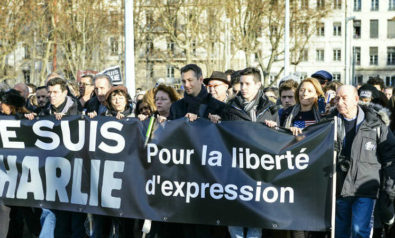
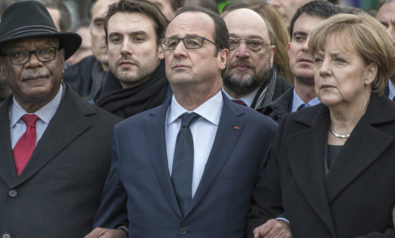


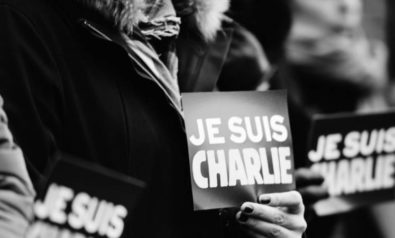
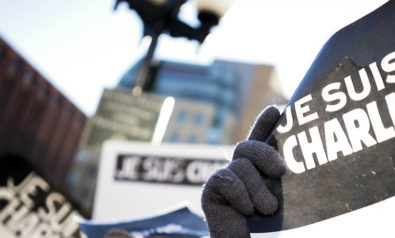


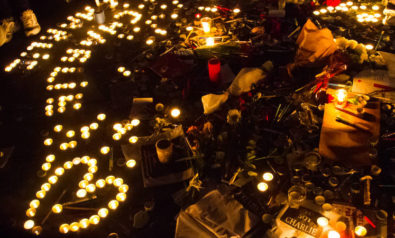
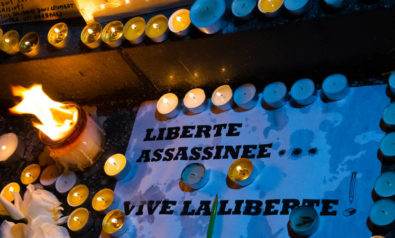

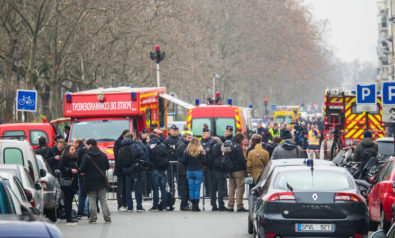
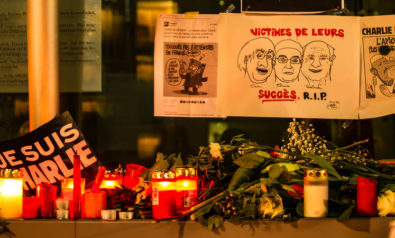
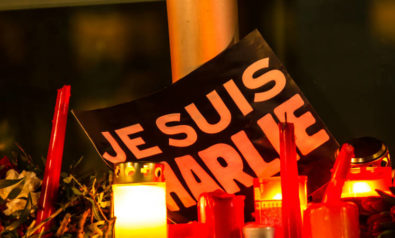

Comment